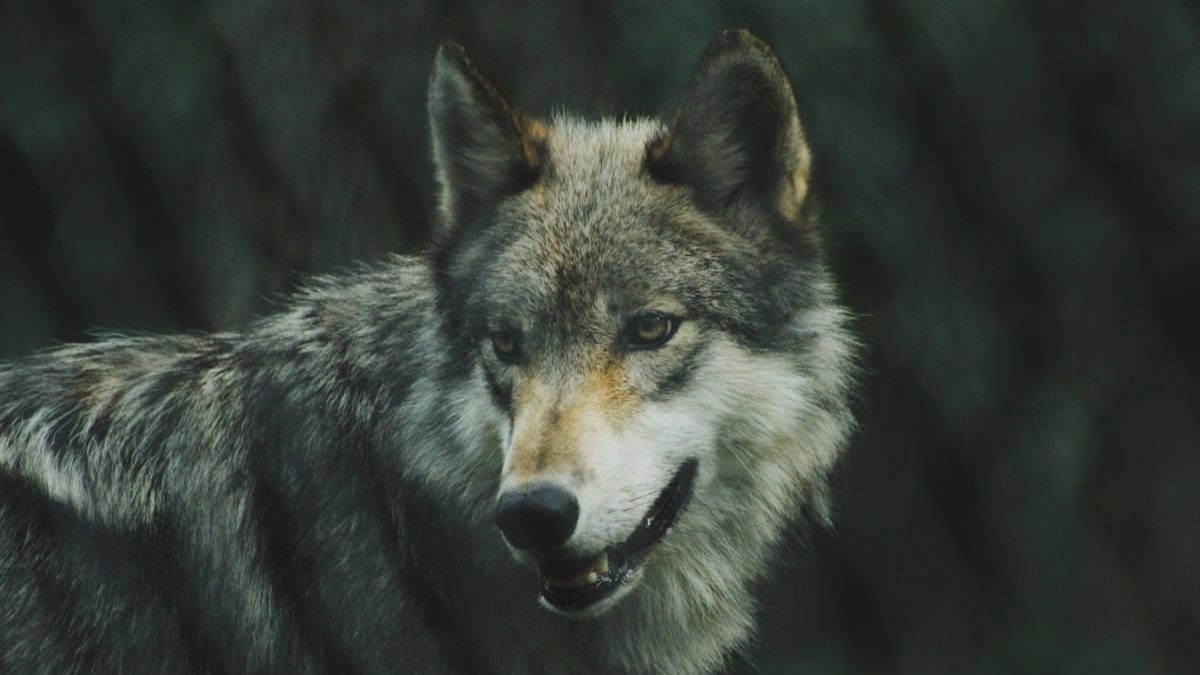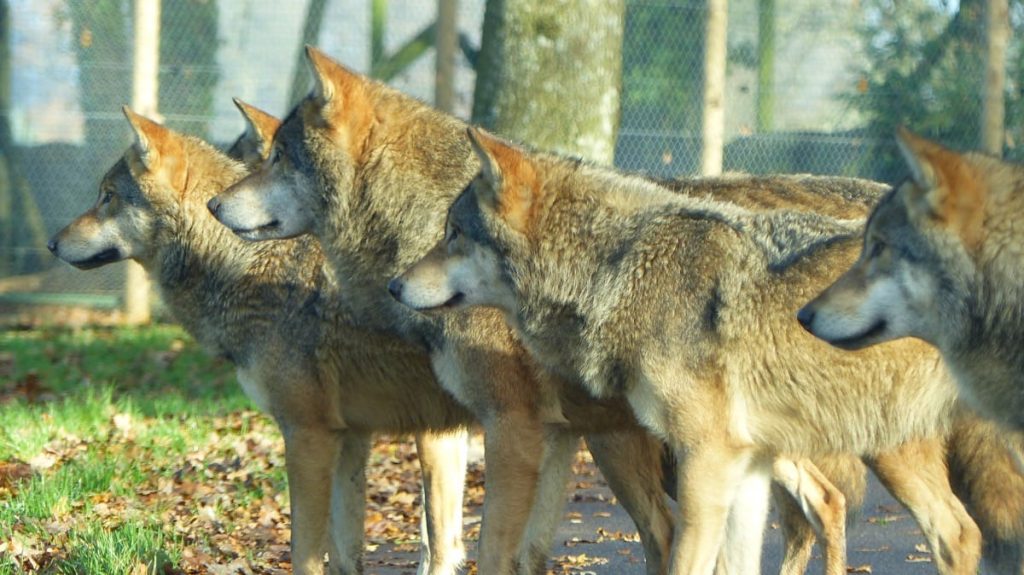
Where Do Wolves Sleep?
Wolves, with their haunting howls and piercing eyes, evoke images of fierce wilderness. But when the moon takes over and the forest hushes, where do these captivating creatures catch their Zzz’s? Unlike us humans with cozy beds and bedtime stories, wolves embrace a sleep life as diverse and fascinating as their pack dynamics. So, grab your metaphorical moonbeam and follow us on a journey into the world of wolfy slumber!
Where Do Wolves Sleep at Night?
Forget four-poster beds and fluffy pillows. Wolves, depending on the species and their surroundings, choose from a variety of snooze spots:
- Den Dreams: As winter approaches, wolf pups are born in a specially prepared den, often dug into the ground near water. These dens provide shelter from the elements and predators, offering a safe haven for the growing pups.
- Forest Fortresses: When not raising pups, wolves might curl up in sheltered areas within their territory, like under thick trees, rock overhangs, or even abandoned burrows. These cozy nooks offer protection from the wind and rain.
- Open-Air Snoozes: Sometimes, wolves choose to sleep right out in the open, especially during mild weather. They might sprawl out on grassy meadows, rocky hillsides, or even frozen lakes, relying on their thick fur and pack proximity for warmth and security.
Winter Wonderlands
Wolves, unlike some mammals, don’t truly hibernate. However, they do adapt their sleep habits to cope with colder temperatures:
- Huddle for Warmth: During harsh winters, wolves huddle together for warmth, sharing body heat and conserving energy. This communal snuggling is especially important for pups and older wolves who are more susceptible to the cold.
- Deeper Dens: When the snow flies, wolves spend more time within their dens, venturing out only to hunt or check their territory. These insulated shelters provide much-needed refuge from the biting wind and icy landscape.

Summer Siesta
With summer’s sunshine, wolves loosen up their sleep routine. They might nap in their chosen shelters during the hottest part of the day, but as the breeze picks up, their napping patterns change:
- Shady Snoozes: Wolves often shift their resting spots to find cooler locations within their territory. Wooded areas, shady streamsides, and even caves offer much-needed respite from the scorching sun.
- Waterside Wakes: Some wolf packs, especially those living near lakes or rivers, might spend more time near the water during the summer. They might take refreshing dips, drink from the cool currents, or even nap right on the water’s edge.
- Nightly Prowls: As the sun sets and temperatures drop, wolves become more active, hunting for prey and exploring their territory. Their sleep schedule tends to shift towards the night during the summer months.
Wolf Sleeping Habits
Beyond their chosen snooze spots, wolves exhibit unique sleep patterns that set them apart from most animals. Here’s a peek into their slumbering secrets:
- Power Naps: Wolves are masters of the power nap, catching short bursts of sleep (around 15-30 minutes) throughout the day and night. This allows them to stay alert for predators and optimize their energy for hunting and socializing.
- Unihemispheric Sleep: Talk about multitasking! Wolves can actually sleep with one half of their brain at a time, keeping the other half alert for danger. This “unihemispheric sleep” allows them to stay partially aware of their surroundings, even while snoozing.
- Social Slumber: Unlike some solitary animals, wolves often sleep in close proximity to their pack members. This huddling behavior not only provides warmth and comfort but also strengthens the social bonds within the pack.
Sealing the Deal on Wolf Sleep
The next time you hear the haunting howl of a wolf in the night, remember the fascinating world of sleep that unfolds for these captivating creatures. From cozy den dreams to open-air snoozes, wolves have mastered the art of catching their Zzz’s wherever they roam. So, the next time you yawn and head for your bed, spare a thought for these slumbering wolves, the champions of wilderness naps!



